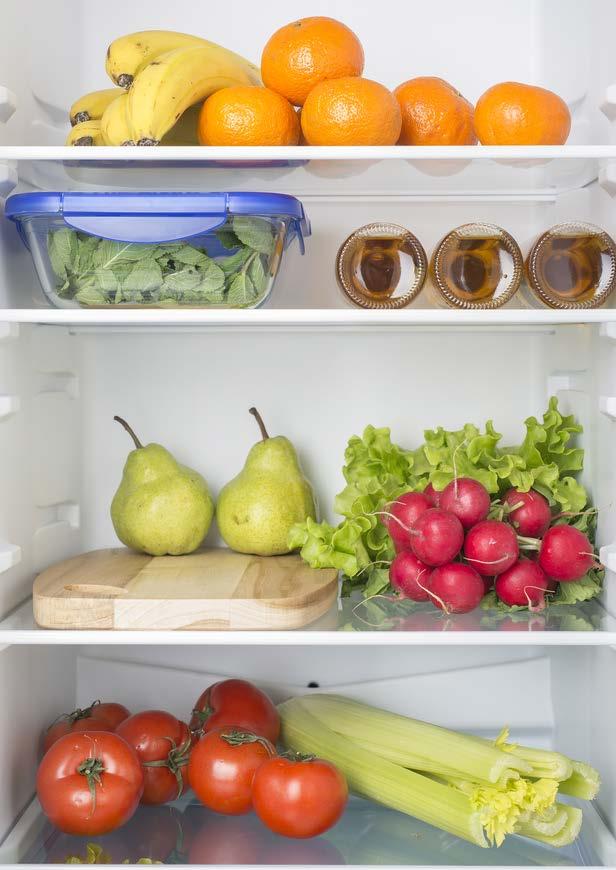
3 minute read
Year Two Context
from Food Savvy | Impact 2020 | Hubbub, Norfolk County Council, Suffolk Waste Partnership | Food Waste
by Hubbub
Year Two Context: A Time For Change
The Plate of The Nation
Advertisement
Hubbub national polling April 2020
In May 2020 we undertook polling to understand how Covid-19 was impacting our food habits. These results shaped our communications for the latter part of Year Two and will be carried with us into Year Three.
We found that
57% 48% 45%
were valuing food more said they were wasting less food than usual said they were worried about the cost of food
During the first six weeks of lockdown, Wrap reported a 34% reduction in waste of potatoes, bread, chicken and milk.
Taking a snapshot
Households across the UK have gone through unprecedented change in relation to food.
For the first time since WW2, the general public saw shortages of staples, and some households have struggled to access the food that they need.
90% said their cooking and eating habits have changed under lockdown.
*Food habits survey to 2,038 UK respondents, conducted by Censuswide in April 2020. Wrap research among a sample of 4,197 nationally representative UK adults conducted in April 2020.
Changing Habits
Local polling October 2020
Food waste habits pre and post COVID-19 in Norfolk and Suffolk:
In October 2020, we surveyed 2,004 local households to understand how their food habits had changed since COVID-19.
From a list of food saving techniques, the biggest shift in behaviour seen by respondents is that they have become more conscious of their portion sizes since COVID-19, with 64% saying they get their portion sizes more accurate now compared 57% pre COVID-19.
Since COVID-19 restrictions were introduced, two in five people (41%) say they are throwing away less food. Of those who are throwing away less, the top three reasons for this are:
Getting better at using leftovers
(45%)
Planning meals more carefully
(58%)
Using the freezer more (51%)
Four in ten (41%) of those who are throwing away less food now than pre COVID-19, say they are now freezing a wider variety of foods and more than a quarter (25%) say they are now eating more foods past their best before date.
Further Gains Are Needed
A smaller proportion took up key food saving behaviours such as writing dates on products that have been opened or frozen, checking/changing the fridge temperature or portion sizing.
Similarly, knowledge of how best to store items has not changed as a result of lockdown.
There is much to be done to increase uptake of food saving behaviours.
*Food habits survey to 2,038 UK respondents, conducted by Censuswide in April 2020. Wrap research among a sample of 4,197 nationally representative UK adults conducted in April 2020.

Motivating Change Long Term
66% of people are wanting to do more to reduce food waste
Nationally representative polling of 2,002 Britons conducted in Aug 2020 by Censuswide on behalf of Tesco and Hubbub
89% agree that food waste is an important issue
Wrap research among a sample of 4,197 nationally representative UK adults conducted in April 2020 However, only 16% of local households think that food waste has a bigger impact on the environment than plastics
Locally representative polling of 2,004 East Anglians conducted in Oct 2020 by Censuswide on behalf of Food Savvy
81% of Britons concerned or very concerned about climate change. An increase from 2019
Department of Business, Energy and Industrial Strategy, quarterly tracker on nation’s attitudes towards energy infrastructure, August 2020
The financial situation of many UK households is deteriorating
The IHS Markit UK household finance index Aug 2020
Motivate and sustain long term change by reinforcing the financial and environmental benefits of reducing food waste.

